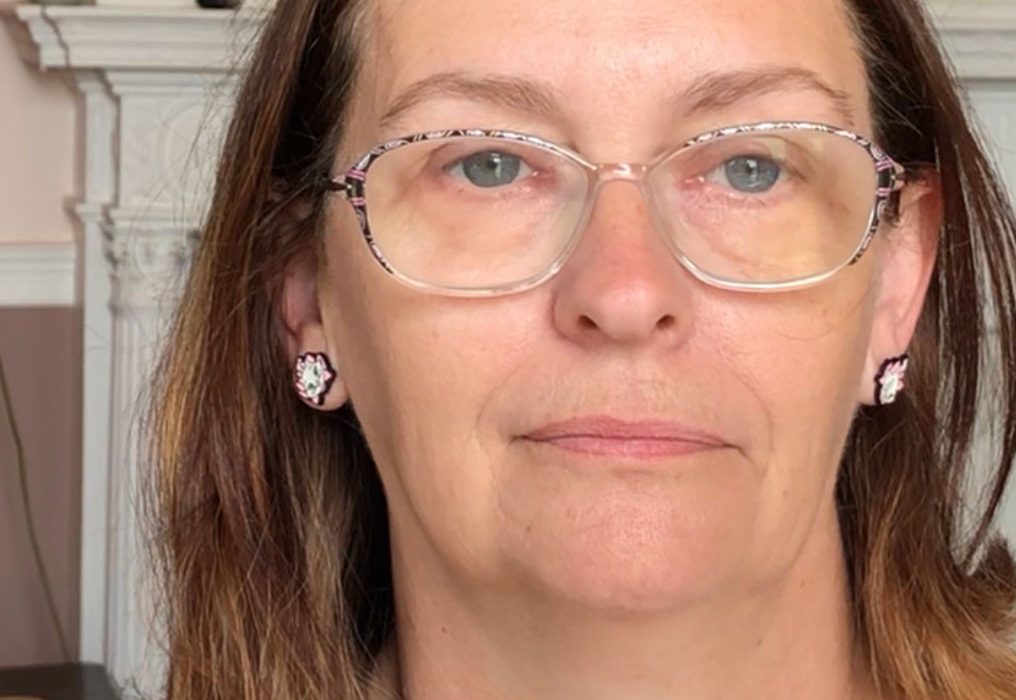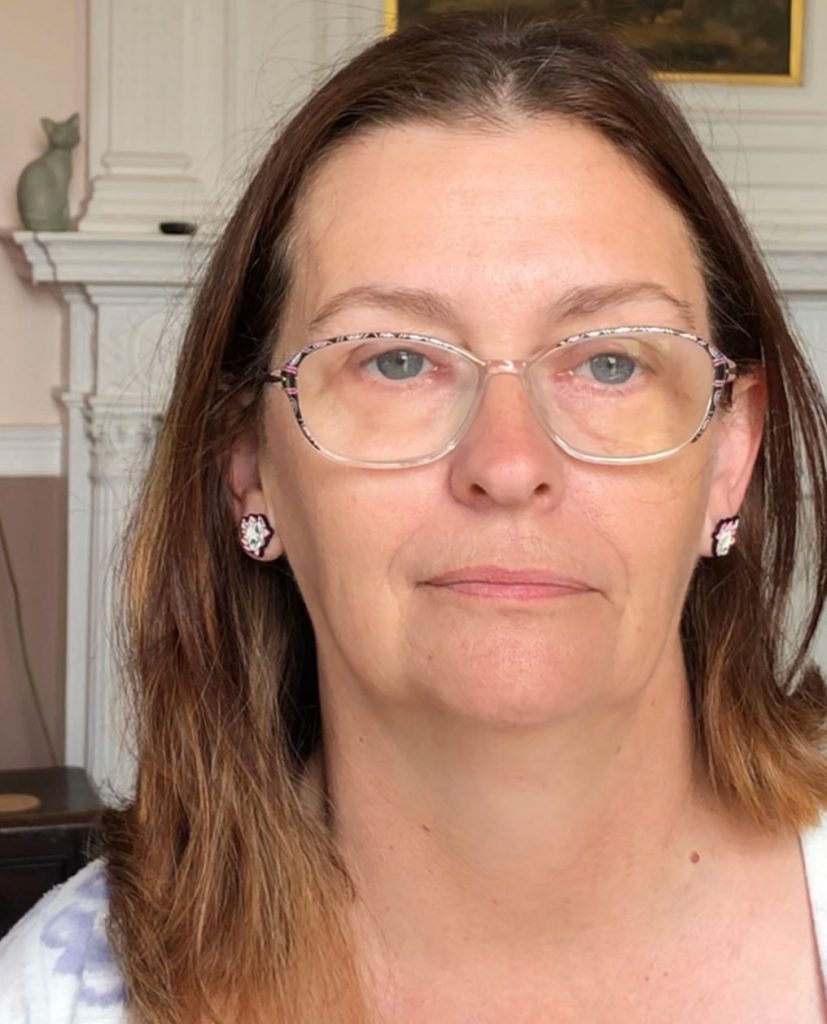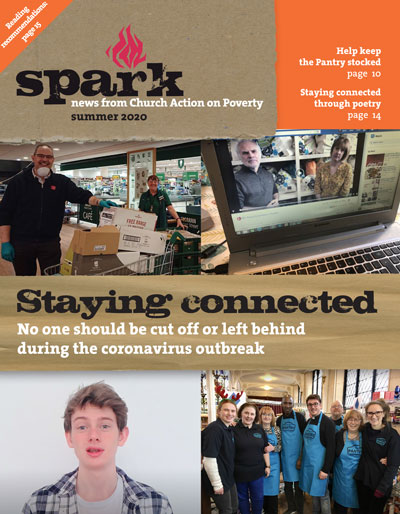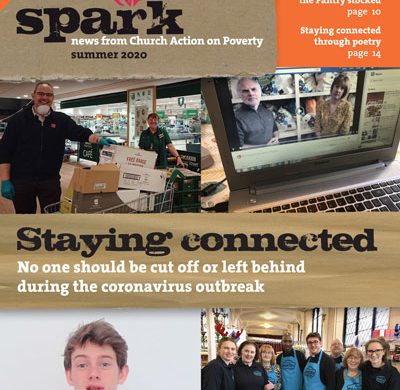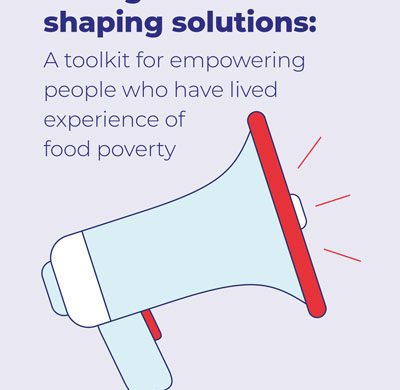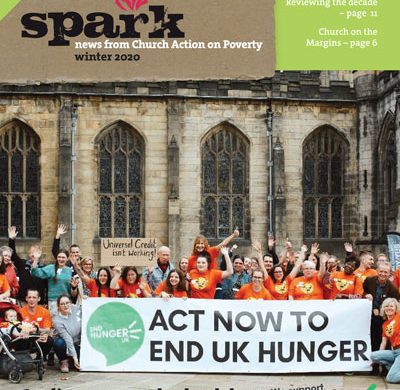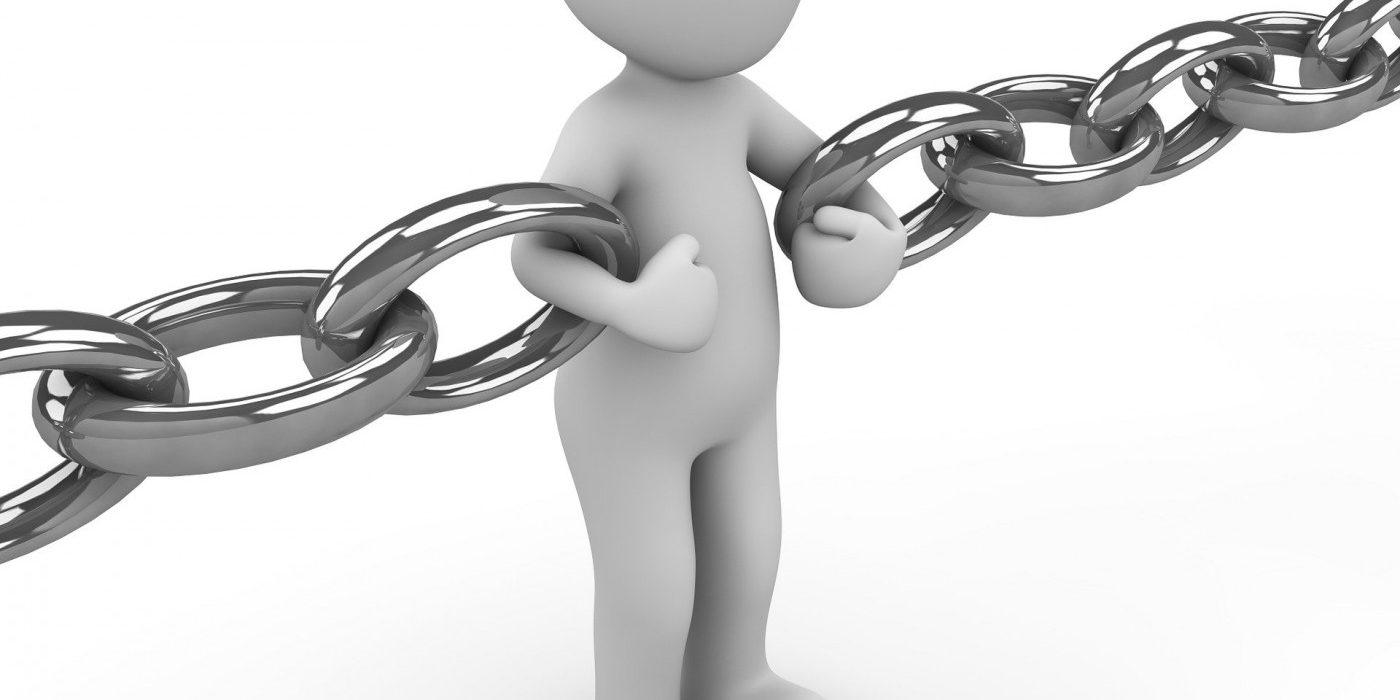I spoke to a young person in Darwen, Lancashire last week whose only way of getting online during lockdown was via their mobile phone. According to the Office for National Statistics, 12% of 12-17-year-olds don’t have access to the internet by a computer or tablet at home, and in areas of deprivation its likely this is much higher. It’s ironic that only a few months back people laughed at Jeremey Corbyn’s ‘radical’ promise to give all households free broadband. This comes at a time when we are more reliant on digital technology than ever before, whether that’s for staying connected to family and friends, home-schooling or ordering groceries.
It’s all very well telling people not to leave their homes, far easier for those though with houses big enough to give people space and a garden.
Working-class communities are being hardest hit by COVID-19, and many of those implementing measures to deal with the crisis fail to understand the grassroots reality. Take lockdown measures for a start: it’s all very well telling people not to leave their homes, far easier for those though with houses big enough to give people space and a garden. If you’re in a tower block or terrace with little or no outside space this becomes much harder. We see and hear stories of those more privileged filling their days with novel pastimes, baking, reading, exercising to Joe Wicks, knitting, learning a new instrument, and going on long country walks. The reality is many never had the disposable income, access, space or indeed the calm concentration to engage with any of these prior to lockdown, and with heightened levels of anxiety & stress, now is hardly the right time to start.
Home-schooling unfairly disadvantages those in working-class communities due to digital exclusion, lack of space and resources, and frankly more pressing issues to be worrying about, like putting food on the table.
Times are evidently difficult for all, we’ve never experienced a crisis like this in our lifetimes, and we are all learning to adjust to new ways of living, working and coping. For those with children, home-schooling is no longer an activity for the privileged liberal left with time on their hands; instead it’s become a necessity. Much like lockdown, it unfairly disadvantages those in working class communities, who face digital exclusion, lack of space and resources, and frankly more pressing issues to be worrying about, like putting food on the table. Another young person in Lancashire said how they hadn’t been able to get online to access lessons since school had closed for lockdown, creating unnecessary disadvantage. And the amount of time some schools expect young people to continue to engage in education is unrealistic and unfair; one’s health and wellbeing should be a priority. With an education system that runs like a business, with more interest in grades, it’s hardly surprising this is happening.
Buying the simplest of ingredients to bake with would be a luxury, especially for those with children eligible for free school meals, families I’ve spoken to receiving as little as £11.75 per child, per week.
Whilst baking sourdough for the first time might be an exciting activity for the privileged middle classes, far more are struggling to put meals on the table. When Boris tweeted ‘Stay Home, do some baking’ he clearly failed to understand the reality of so many, the patronising tone cringe-worthy. Buying the simplest of ingredients to bake with would be a luxury, especially for those with children eligible for free school meals, families I’ve spoken to receiving as little as £11.75 per child, per week. This allowance is emailed out as a voucher by individual schools to be used in supermarkets, either online or in store. This provides challenges for many: not having internet at home, not having a printer to print the vouchers, not being able to afford the minimum spend if ordering online, not being able to get a delivery for days or weeks, or being unable to get to one of the supermarkets the vouchers can be spent at. It’s worth noting the official government website lists M&S and Waitrose as two of these supermarkets – clearly places lots of families in receipt of free school meals regularly shop at. For others a ‘grab bag’ is provided by the school. One school in Lancashire, but possibly many more, requires students to attend in uniform to collect these. Talk about those in positions of power making rules that stigmatise the most disadvantaged – how about a sign spelling out ‘I am poor’? Chances are many of these kids won’t attend due to fear of embarrassment, therefore going hungry. Why can’t we just ensure families have enough money in their pockets in the first place, and empower them to make their own decisions on how to feed their families?
When payday came, many were already living from one paycheque to the next; having anything spare to stock up on essential items wasn’t a reality.


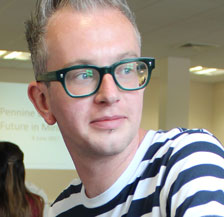
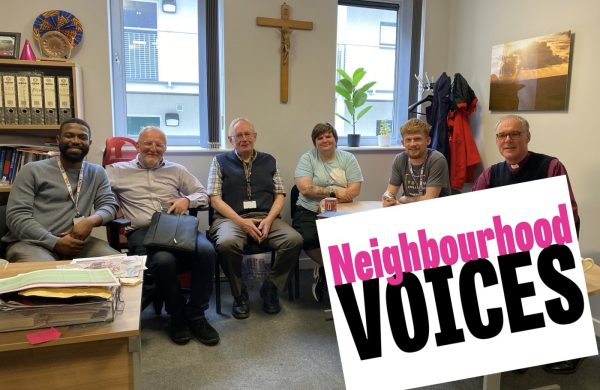
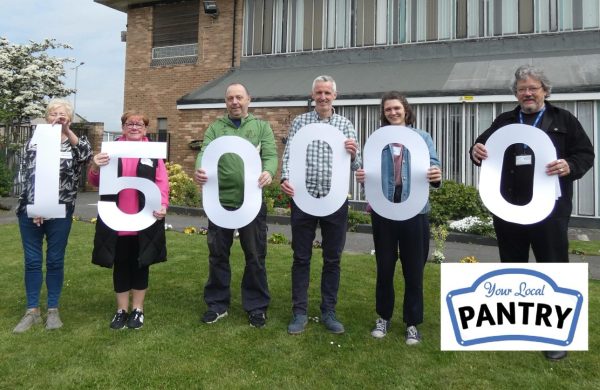

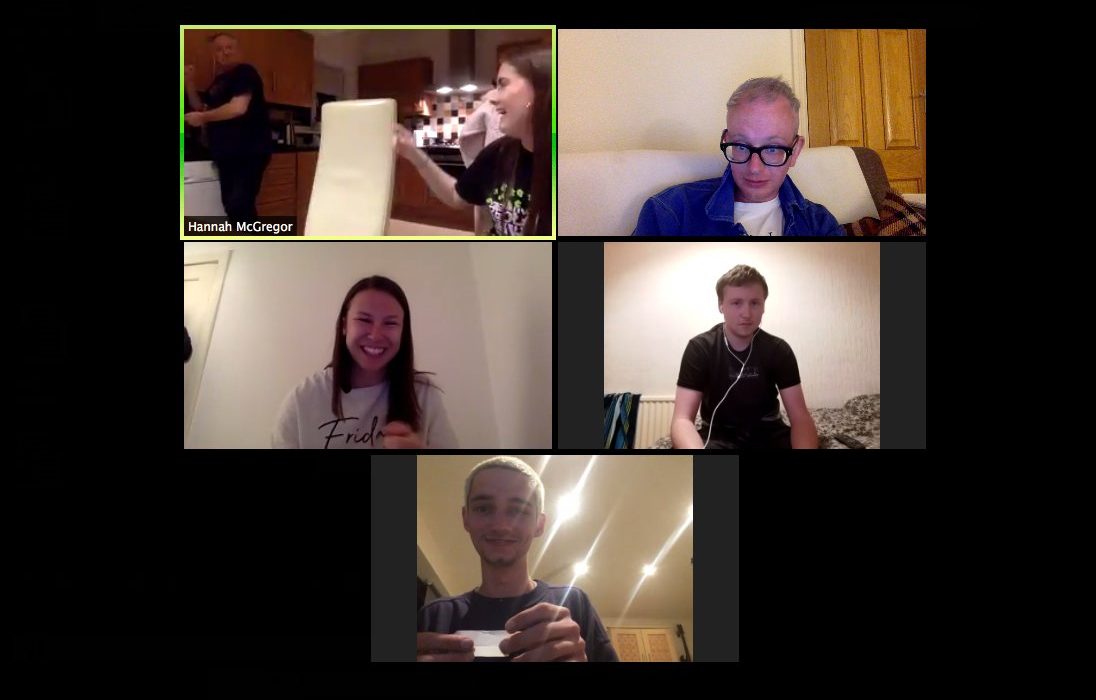
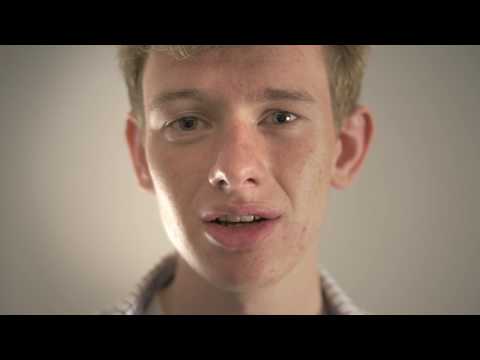
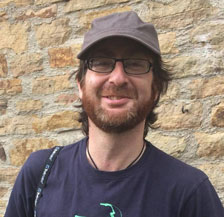
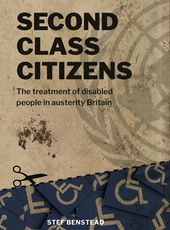
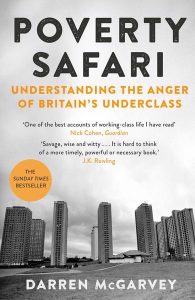
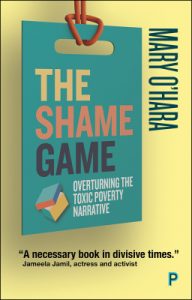
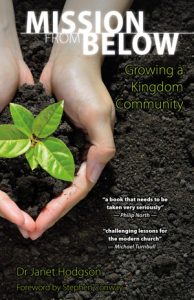
 Frame[s] of Mind
Frame[s] of Mind
 Sound Delivery
Sound Delivery
